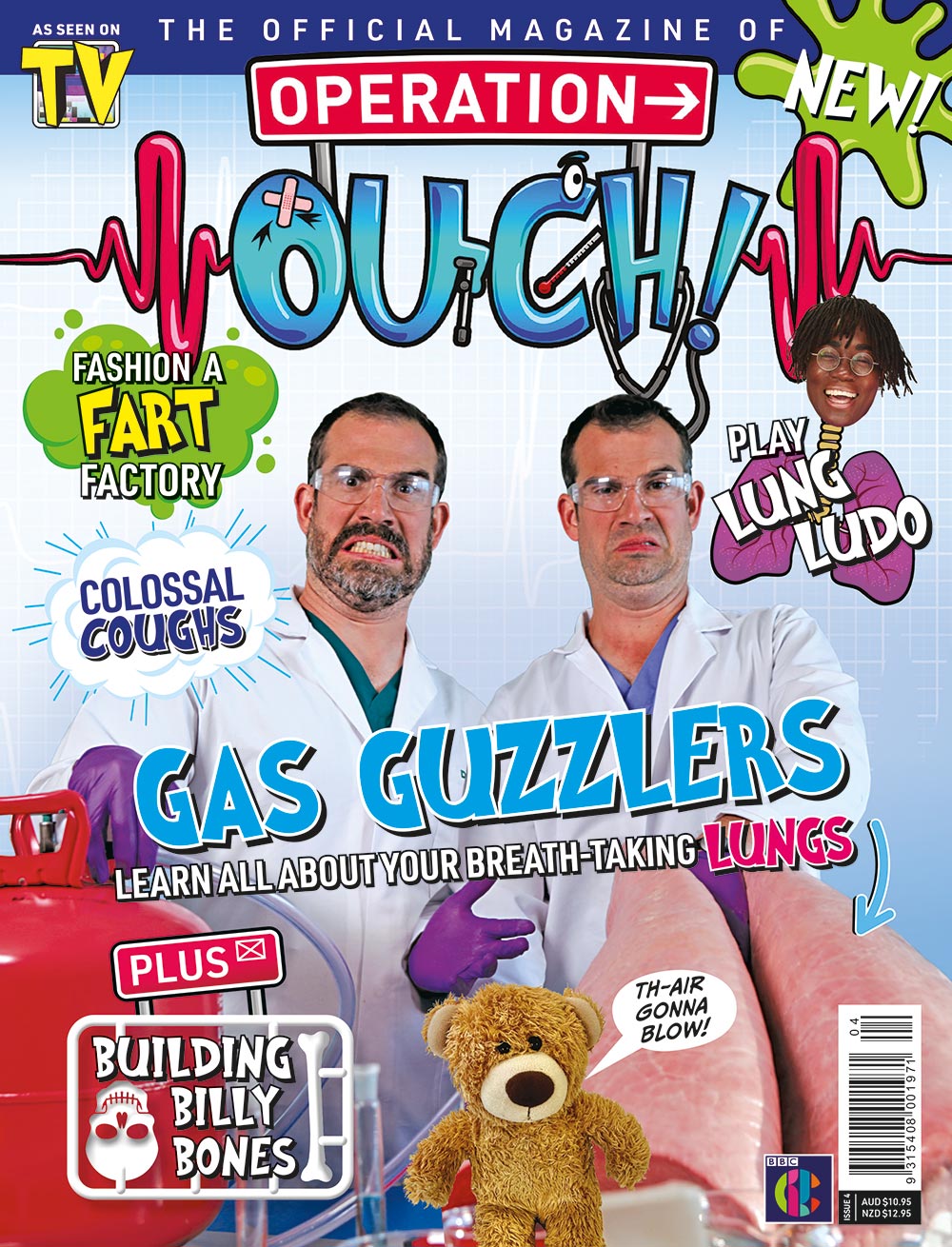
Ever said something then wished you didn’t? Find out how to grow from regret.
Looking back at a situation and wishing you’d done, or said, something differently is natural – regret is a part of life’s journey. It’s what you do with those regrets that makes the difference…
WHAT IS REGRET?
If you find yourself wishing you could travel back in time to change a particular outcome, you’re experiencing regret. Angst, guilt, embarrassment, shame, loss and sadness are the feelings that commonly arise from having regrets and, if left unresolved, can have a big impact on how you live your life. Everyone wants to be able to live without feeling guilty, of course, but life doesn’t always work out that way. Most people, if they’re honest, will have some regrets.
CAUSES OF REGRET
- Speaking without thinking first and then realising that you’ve said something hurtful
- Failing to say something, such as not speaking up for yourself or others, or missing the opportunity to tell someone that you really care about them
- Making what seems like the wrong decision, leading to thoughts such as ‘If only I’d made a different choice’
- Failing to take action when it was needed, such as: ‘If I’d spent more time revising, I’d have had a better chance of passing the exam’ or ‘If I’d turned up when I said I would, we’d probably still be friends’
- Taking any action, whether deliberate or unintended, that leads to unwanted outcomes
TYPES OF REGRET
There are essentially two types of regret – productive and unproductive:
- A productive regret is one that can be classed as experience. Perhaps it’s a missed opportunity or making a choice that doesn’t work out. You might be upset or annoyed for a short time, but it’s something you can easily put behind you and even learn from. This kind of regret doesn’t stop you from taking action in the future.
- An unproductive regret is one that works against you. Maybe you said something embarrassing and are now too shy to speak in public. It might be that you find yourself replaying the scenario over and over in your head. This kind of regret can freeze you from taking action and can hold you back from living a full life.
It’s quite common to experience productive and unproductive regrets as you go through life. As frustrating and agonising as unproductive regret can be, remember that you can still turn this around – it can provide you with some of life’s greatest and most valuable lessons that will, with attention, help you grow.
PREVENTING REGRETTABLE OUTCOMES
There will always be situations that cause regret, but you can ward off most of these by being mindful about what you say and do…
- To avoid making comments you might regret, pause for a moment before saying anything at all. Ask yourself if your words will be helpful, supportive, kind, truthful or necessary. Is there a better way of getting across what you feel needs to be said? Silence is golden, but there will be times when you need to speak out. Choose your words wisely. Try to avoid speaking from a place of anger or heightened emotions. Bear in mind that even with the most carefully chosen words and the right situation in which to use them, some people might still react in an unintended or unexpected way.
- To avoid taking action on something you might regret, consider the possible outcomes of your approach. Research, plan and consider why you want to do what you want to. In some situations, there may not be time to consider all your options and a quick, on-the-spot choice has to be made. All you can do in these circumstances is take action on what feels right. Even if things don’t turn out the way you wanted, accept that you did your best.
WHAT YOU CAN LEARN FROM REGRET
If you’re struggling with unproductive regret and feel it’s having a negative impact on your life, consider the following:
- Accept what happened. Can you make amends? If not, think about what you can learn from the experience and how you can do better next time
- What emotions are at the root of your regret? Acknowledge them and then be prepared to let them go.
- Forgive yourself. Everyone makes mistakes and less-than-wise choices. You won’t be the first or only person who’s ever done something without thinking
- Rather than agonise about what you can’t change, focus on areas where you can have an impact. Consider how can you make fresh opportunities

























